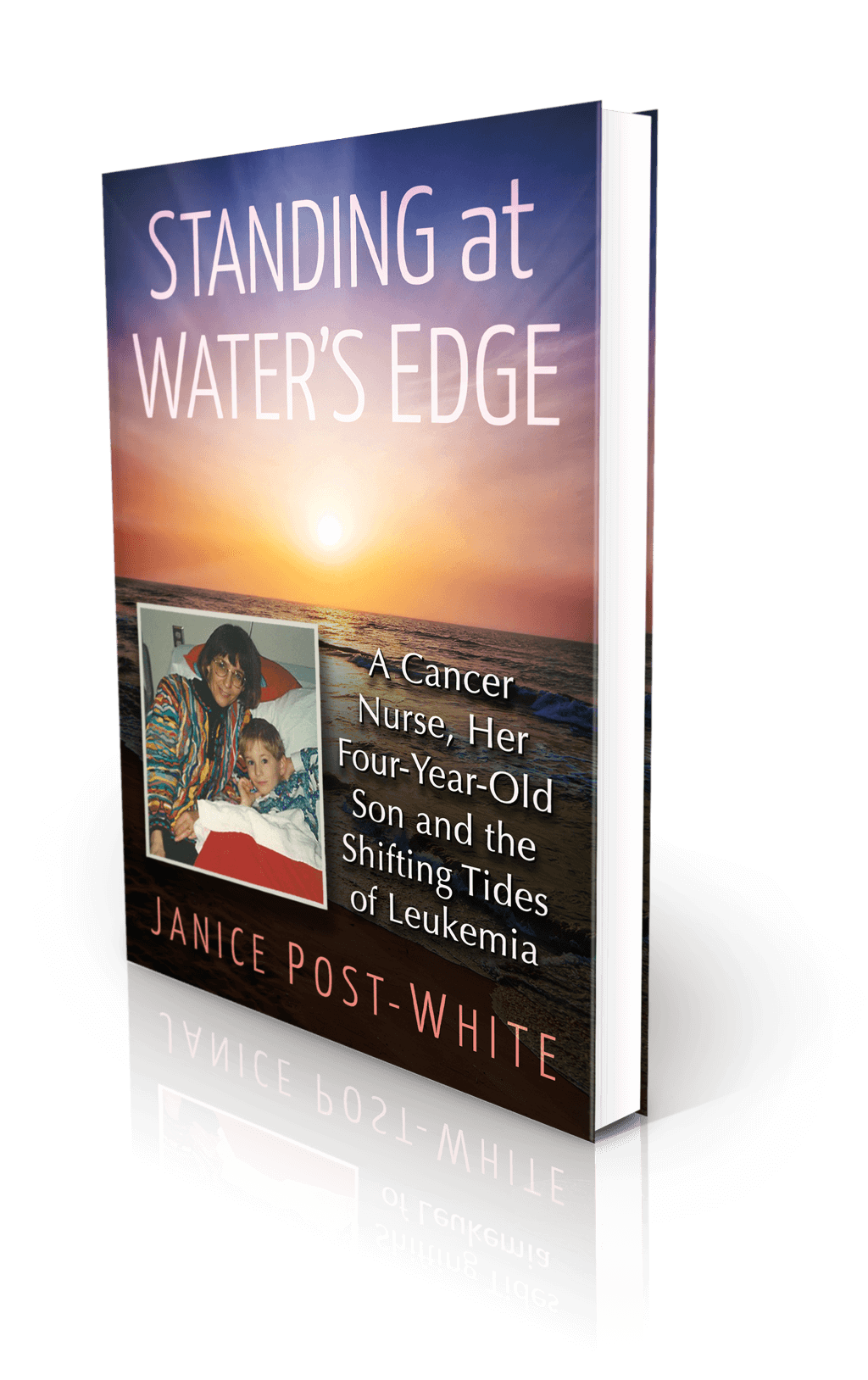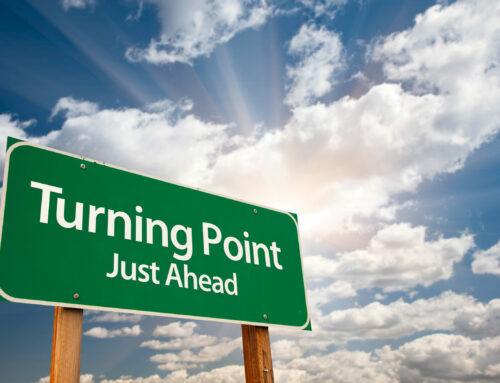

We are all survivors of something. Illness is a universal human condition, and most of us have survived some acute or chronic ailment. Or we are a caregiver—surviving together—for someone living with a serious illness such as heart disease, stroke, cancer, diabetes, liver or lung disease, mental illness, addiction, paralysis, arthritis, multiple sclerosis, Crohn’s disease, Lyme disease, or other chronic inflammatory, autoimmune or immune pathologies. And, of course, we can be a survivor of other adverse life events, such as trauma, abuse, violence, war, imprisonment. The list seems endless, and adverse life events can happen at any time in one’s life.
My oldest son is a childhood cancer survivor. He is now in his twenties, living his life, making choices without his mother’s advice. Which makes us all happy! We are survivors of three long, enduring years of treatment.
There are more than 15.5 million cancer survivors alive in the US today, of which 500,000 are survivors of childhood cancer. Which means there are at least 15 million caregivers for 15 million survivors. Who doesn’t personally know a cancer survivor or caregiver?
When is a person with cancer a survivor? We (cancer professionals and leading organizations such as the National Institutes of Health and the American Cancer Society) used to equate survivorship with cure. For most cancers, a person was considered cured of their cancer once they were five years off treatment. Or maybe it was five years from diagnosis. Even as a cancer nurse, it was never clear to me. But it does matter to patients and families, who often cling to the hope of time. For my son, who received three years plus two months of chemotherapy, the difference was important. In no way did I feel safe from relapse (and closer to a cure) less than two years after coming off treatment. Five years, yes. But that was eight years from diagnosis!
But I knew, from day one, that we were survivors. (The current definition supports this—that survival starts at diagnosis, and lasts for as long as you live). What made us—and so many others on this journey—survivors, was our determination to prevail, to find the strength and courage to get through each day, and to continue to live life as we knew it, as best we could.
It was important for our family to keep life as normal as possible. Which was laughable most days because “survival mode” is such an all-consuming, immobilizing, live-only-in-the-moment tour de force. What was normal about that?
First, we had to grasp some sense of routine. It took months, but we did eventually find a new normal by letting go of our expectations of what life should be like, or was like before, or how we wanted it to be now. We had to accept what was.
After we let go of “the old,” then we had to find a new way of being in this unfamiliar, unpredictable, and often chaotic world. For me, taking one day at a time, putting one foot in front of the other, guided me and kept me focused on the moment. It’s when we start anticipating the future, worrying about the “what next,” or ruminating on the past, the events we cannot change, that we feel anxious, overwhelmed, and stressed.
It’s not the stressor itself (i.e. the cancer), but how we respond to it, that determines how well we cope. Serious illness rocks our boat, and  sometimes capsizes it. But survivors can and do learn to swim and to navigate their journey—often one with an unknown destination. Sometimes we find more strength and courage than we ever knew we had. So, take the helm! But also learn to ask for help and to mobilize whatever resources you need along the way, for as long as you need them.
sometimes capsizes it. But survivors can and do learn to swim and to navigate their journey—often one with an unknown destination. Sometimes we find more strength and courage than we ever knew we had. So, take the helm! But also learn to ask for help and to mobilize whatever resources you need along the way, for as long as you need them.
After three years of treatment, I desperately wanted and needed to move on and reclaim the childhood we had missed out on. Hawaii is where we take off our armor and play.
How we found our way and managed to live, even while facing death, is in my book.
It’s a reminder to live well, pay attention on your journey, and accept yourself for who you are.

About the Book
Janice Post-White’s memoir is a story about a cancer nurse who thought she knew what life and death were about.
Then her 4-year-old son got leukemia.
This heart-wrenchingly real but inspiring book shines a light on the life-affirming discoveries that can be made when one is forced to face death—and bravely chooses to face fears.
ON SALE DECEMBER 3, 2021
2022 First Place Award from the American Journal of Nursing Book of the Year in the category of Consumer Health and Third Place in Creative Works
Finalist in Health/Cancer from the American Book Fest Best Book Awards, the International Book Awards, and the Eric Hoffer Book Awards



